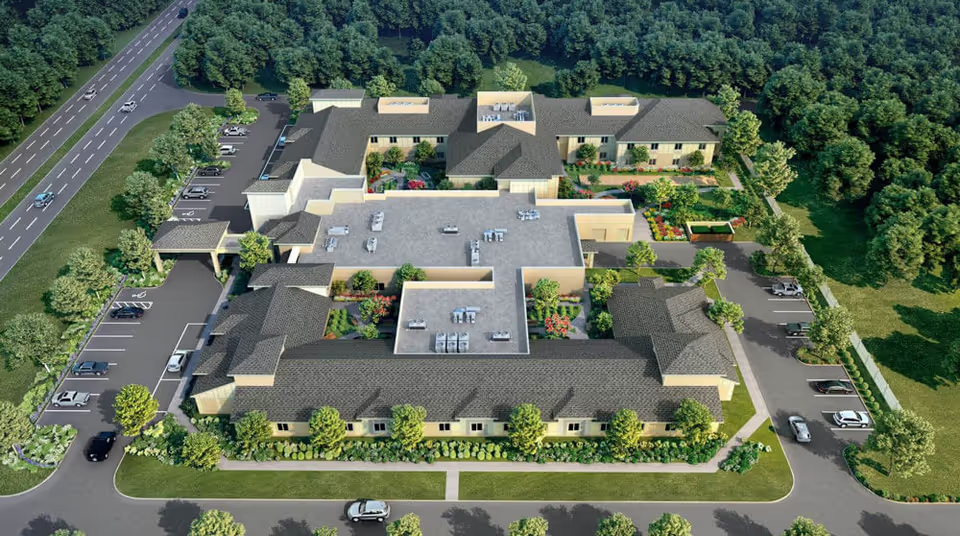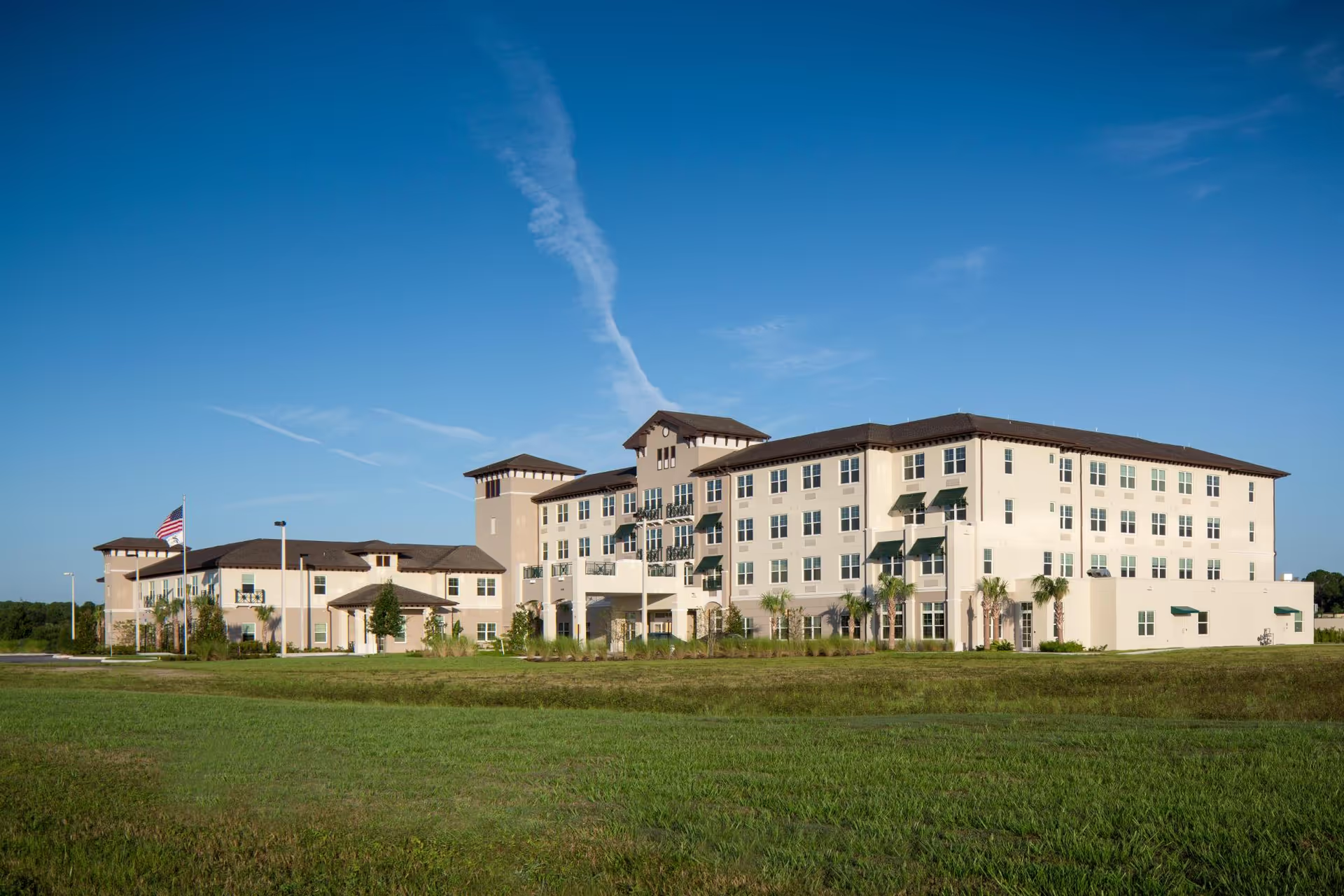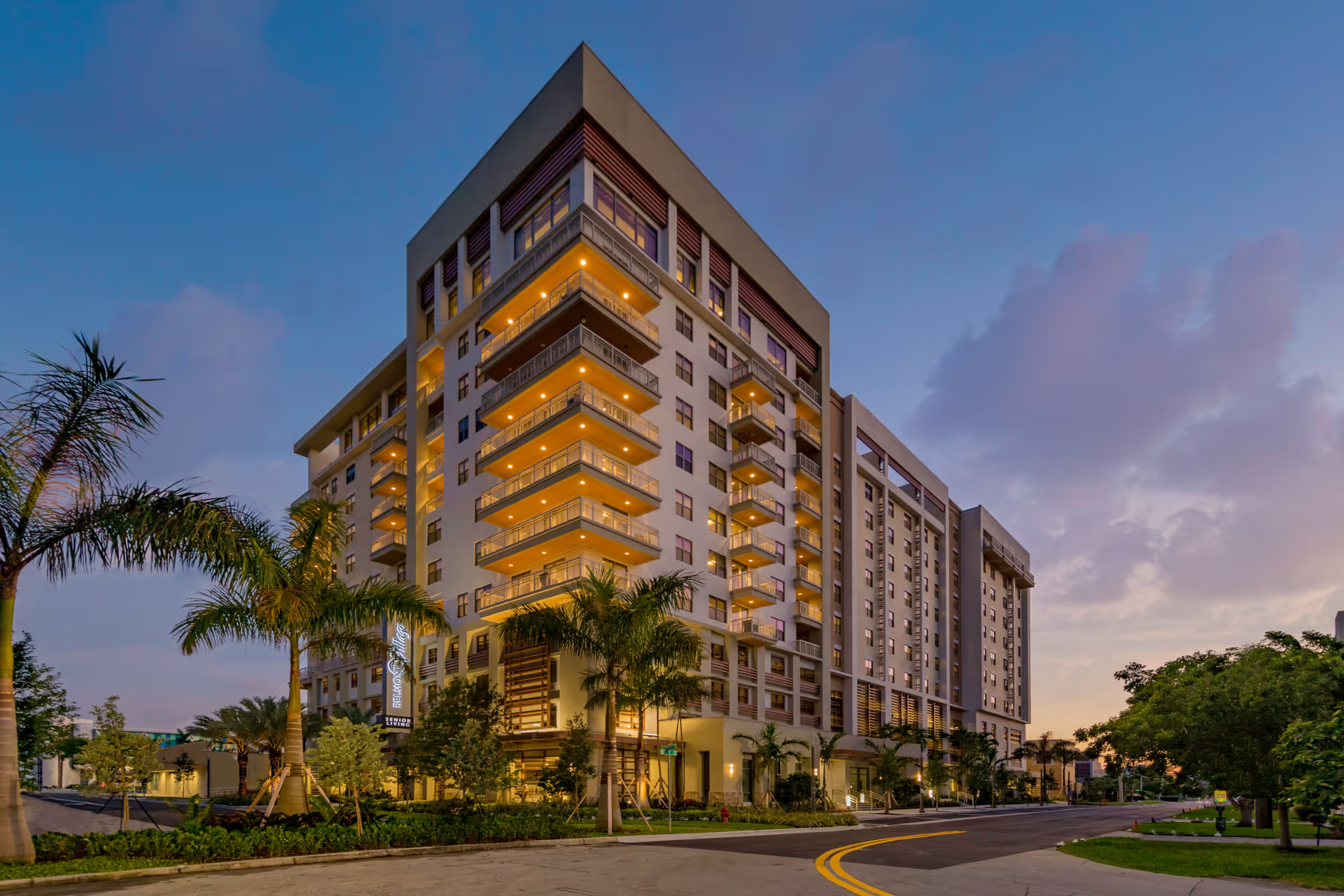Overall sentiment across reviews for The Oaks - Bethany (Skilled Nursing) is deeply mixed and highly polarized. A consistent theme is that experiences vary dramatically between units, shifts, and individual staff members: several reviews describe exemplary, compassionate, competent care (especially from specific nurses, CNAs, and therapy staff), while many other reviews describe neglectful, unsafe, or unsanitary conditions. This variation suggests that results are inconsistent and may depend on staffing levels, management on duty, or the particular wing/unit where a resident is placed.
Care quality and staffing are among the most prominent and contested topics. Positive reviews highlight attentive nurses, caring CNAs, and therapy teams that facilitate smooth short-term rehab stays. Multiple individual caregivers and staff members are singled out for praise, and some families say residents are treated with dignity and ‘‘like royalty.’’ Conversely, numerous reviewers report serious staffing shortfalls: CNAs allegedly covering as many as 20 residents at once, infrequent nurse checks, and early-shift overloads that leave essential tasks (bathing, dressing, feeding, toileting) delayed or undone. These understaffing claims are tied directly to allegations of neglect—residents reportedly left unwatched, denied assistance, or left soiled—and to safety risks including falls and delayed notification to families.
Administration, communication, and billing practices are another major fault line. Many families describe helpful admissions staff and a responsive social work/maintenance team, but an equally large number of reviews accuse administration of poor communication, no callbacks, denial of information requests, and an overall nonresponsive approach. Financial concerns recur frequently: reviewers mention last-minute bills (one specific example: a $250/day unexpected charge), turnover in financial officers, confusion over authorizations, and even allegations of billing for services not rendered. Several families explicitly feel that management prioritizes finances over resident welfare, and some report that complaints were met with defensive or punitive responses (e.g., moving a resident after a complaint).
Sanitation, infection control, and facility condition show stark contradictions. Some reviewers describe a well-maintained, clean, pleasant facility with responsive housekeeping, efficient laundry, and tasteful décor. Others describe appalling conditions: mold in rooms and cupboards, foul bathroom smells, feces or blood on floors, dirty sinks, and high-touch areas that appear rarely cleaned. Infection outbreaks (COVID and influenza) are reported by several families, and at least one reviewer reported a resident transferred to hospital for COVID/UTI. These sanitation and infection-control concerns, when paired with alleged understaffing, raise significant safety worries for prospective residents and their families.
Dining and dietary services also draw polarized feedback. Multiple reviewers praise hot, delicious meals and a dietary manager who is enthusiastic and accommodating; some even call the food the best aspect of the facility. At the same time, many others report repeated issues with cold meals, leftover food on trays, poor accommodation of food allergies and religious restrictions, dry/unappetizing sandwiches, and a high volume of food returned uneaten. These recurring dietary complaints have persisted for weeks in some reports, indicating that kitchen/process problems are not isolated incidents.
Safety incidents and reports of unprofessional behavior are particularly alarming. Specific allegations include staff sleeping on the job, nurses ignoring monitor alarms, delayed or absent notifications after resident falls or wounds, and even accounts of violence (spitting, hitting). There are also claims of inadequate medical oversight (a doctor allegedly ignoring a patient’s pain) and failures to follow up with hospice or other post-incident care. Such incidents, combined with sanitation or infection issues, compound family concerns about resident safety.
Notable positive themes that prospective families should weigh include strong therapy/rehab offerings in some cases, individual caregivers and shifts that deliver attentive, compassionate care, active engagement and activities, and units that are clean and well run. Admissions and some administrative staff receive praise for guidance and support during transitions. However, recurring negative themes—understaffing, inconsistent communication, billing confusion, sanitation problems, and serious safety incidents—are substantial and frequent enough that they cannot be ignored.
In sum, The Oaks - Bethany appears to provide excellent care for some residents under certain circumstances (specific units, shifts, or caregivers), but there are frequent, serious complaints indicating systemic problems in other parts of the facility. The most actionable patterns to consider are: 1) high variability in care quality tied to staffing and unit assignment; 2) repeated administrative and billing issues; and 3) sanitation and safety lapses that have led to infections, falls, and family distress. Families considering this facility should ask specific, targeted questions about staffing ratios on the resident’s prospective unit and shift, recent infection-control records and corrective actions, written billing/authorization policies, leadership responsiveness, and unit-specific cleanliness/maintenance records. Visiting at different times of day (including shift changes and evenings) and speaking directly with therapy, nursing leadership, and the finance team may help identify whether the positive experiences reported by some families are likely to be consistent for a given resident.







